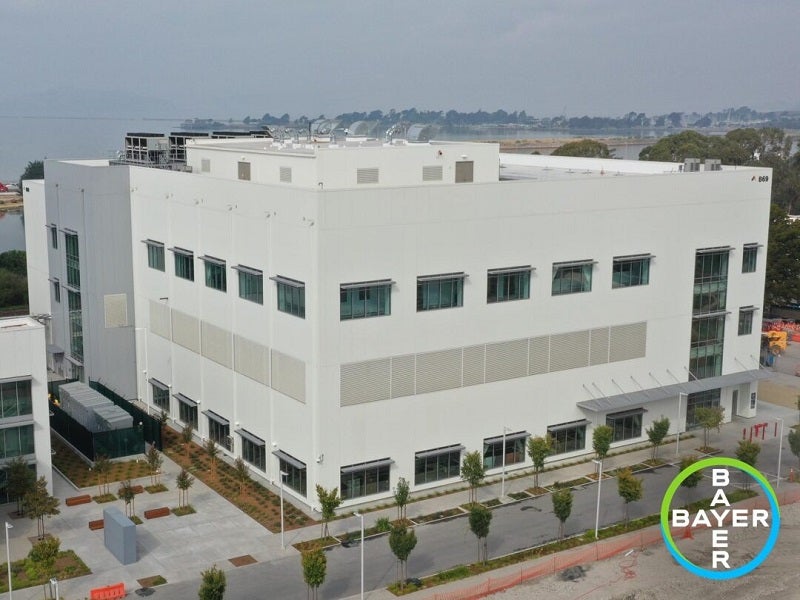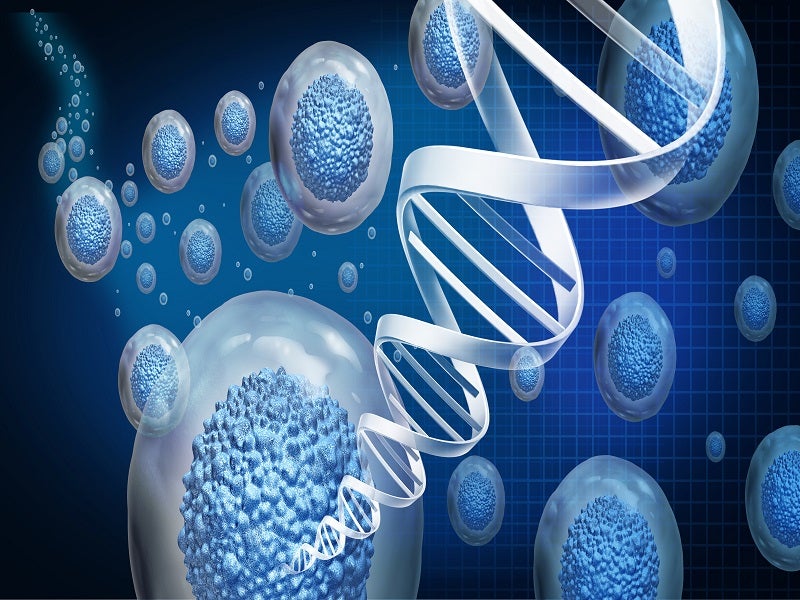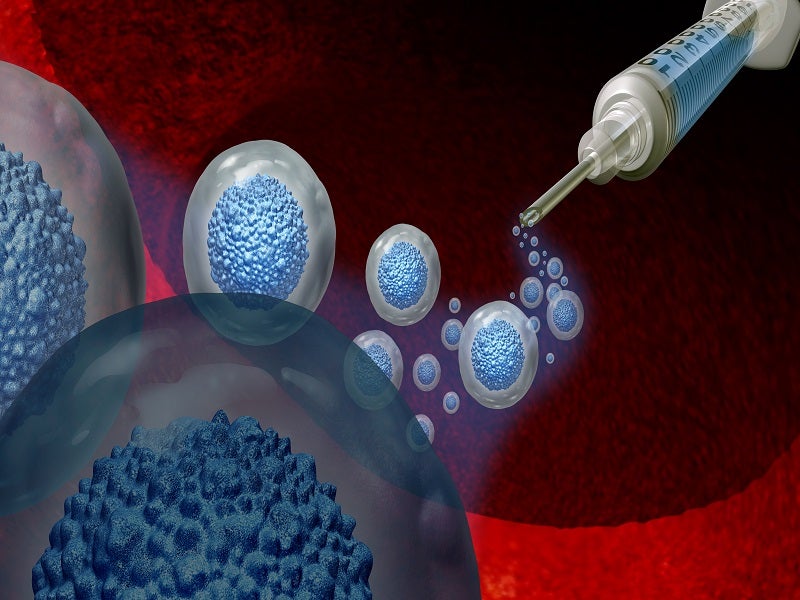Bayer, a pharmaceutical and biotech company based in Germany, opened its first cell therapy manufacturing facility in Berkeley, California, in October 2023.
Known as the Cell Therapy Launch Facility, the site was developed with an investment of $250m to support the production of transformational cell and gene therapies on a global scale. It supplies necessary materials for late-stage clinical trials and the potential commercial release of Bayer’s subsidiary BlueRock Therapeutics’s bemdaneprocel (BRT-DA01), an experimental cell therapy being evaluated for the treatment of Parkinson’s disease.
The plant helps to research potentially transformative treatment approaches for individuals with unmet medical needs.
The facility is integral to the ongoing evolution of the company’s dedicated biotechnology site in Berkeley. Bayer has invested $500m in infrastructure at the site, including a cell culture technology centre and cell therapy labs, over the last five years.
Location of Bayer’s Cell Therapy Launch Facility
The facility is located within the 46-acre Biotech Campus in Dwight Way in Berkeley.
The campus serves as the primary location for Bayer’s US biopharma development and manufacturing operations, making it the largest site within the company’s global biotechnology network.
Details of Bayer’s cell therapy manufacturing facility
The facility is built on a 100,000ft² area and is installed with production suites for manufacturing advanced cell and gene therapies to support clinical trials and for global production of therapies ready for commercial launch.
It includes space for an additional module of production suites to accommodate Bayer’s evolving portfolio as it progresses in the field of cell therapies.
The facility is the company’s first fully electric pharmaceutical manufacturing plant, contributing to its sustainability goal. It features adaptable and modular spaces designed for cell culture, viral transduction, and automated filling of cell therapies. Leveraging Biotech@Bayer’s expertise in induced pluripotent stem cells (iPSC) and CAR-T characterisation, process development, analytics, and clinical to commercial production, the facility is poised to contribute significantly to advancing Bayer’s capabilities in the field.
The Cell Therapy Launch Facility is expected to expand the company’s biologic pipeline, which encompasses protein therapeutics, and cell and gene therapies.
Bemdaneprocel (BRT-DA01) investigational cell therapy details
The BRT-DA01 investigational cell therapy comprises dopaminergic neuron precursors that are surgically implanted into the brain of an individual suffering from Parkinson’s disease.
The dopaminergic neuron precursors are obtained from human embryonic stem cells, specifically pluripotent stem cells (PSC). When transplanted, the neuron precursors have the potential to reform neural networks by replacing the dopamine-producing neurons that have been impaired by the disease. It restores motor and non-motor function in patients.
BlueRock Therapeutics is expected to begin enrolment for the Phase II study of the therapy in the first half of 2024.
Parkinson’s disease is a progressive neurodegenerative disorder caused by the death of nerve cells in the brain. The loss of these neurons exhibits a progressive loss of motor function and symptoms such as tremors, muscle rigidity, and slow movement.
More than ten million people are affected by Parkinson’s disease worldwide, with approximately one million living in the US, according to the Parkinson’s Foundation.
Marketing commentary on Bayer
Bayer operates through three divisions, namely Pharmaceuticals, Consumer Health, and Crop Science.
The Pharmaceuticals division focuses on the development and supply of prescription products and speciality therapeutics covering a range of fields, including oncology, ophthalmology, and haematology.
The Consumer Health business specialises in over-the-counter (OTC) products, including dermatology, analgesics, cold, nutritional supplements, allergy, and flu.
Bayer opened the cell culture technology centre at the Biotech Campus in 2021. It supports the clinical advancement and manufacturing for the commercial launch of next-generation protein therapeutics such as monoclonal antibodies.
Bayer had presence in 83 countries with approximately 101,000 employees, as of 2022.





